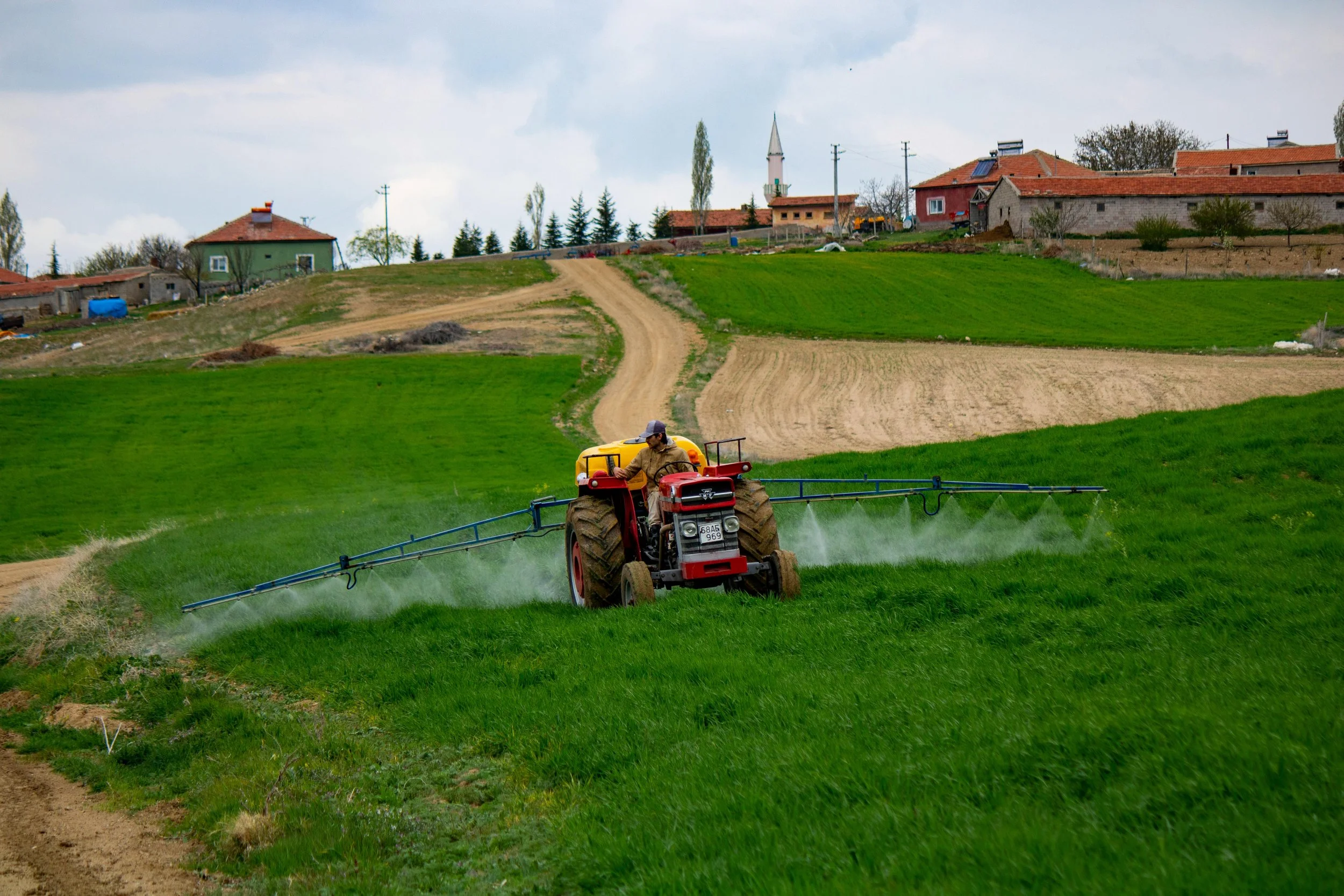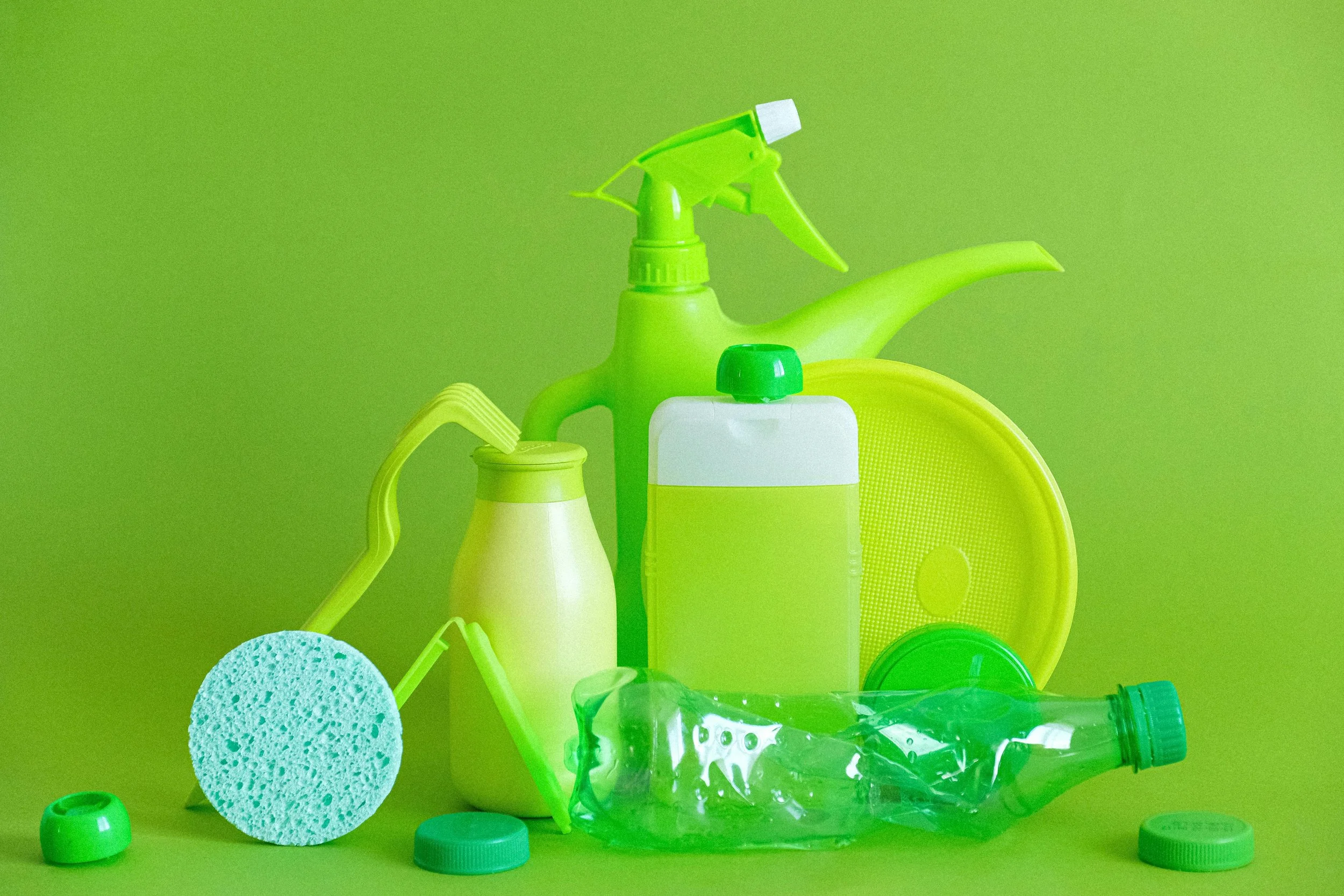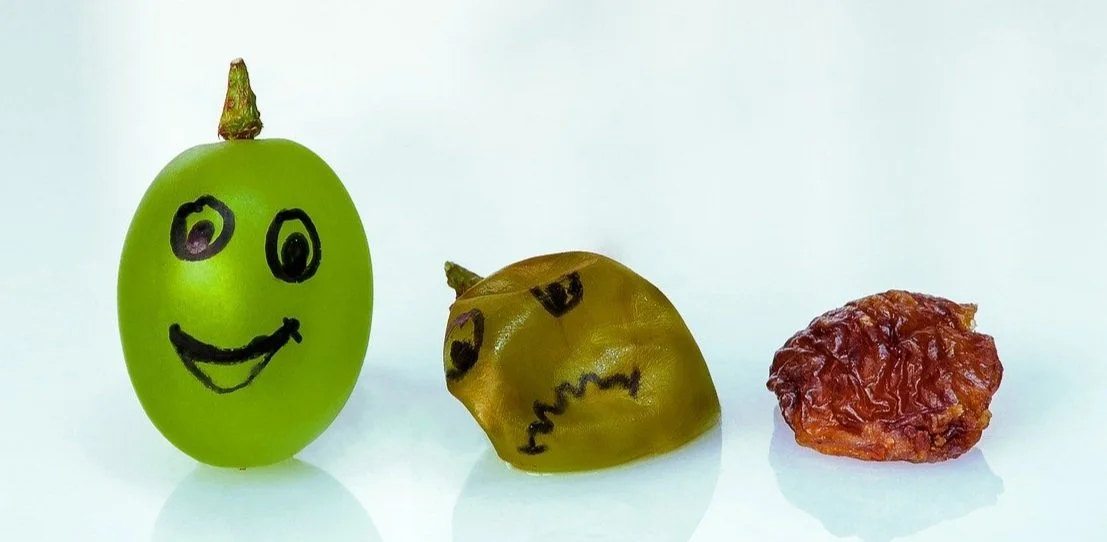You’re doing your best to keep yourself healthy.
You exercise regularly.
Eat healthy.
Sleep early.
You even reduced your exposure to social media for your mental health.
Unfortunately, you still haven’t got all your bases covered.
You might still unknowingly be ingesting harmful substances that can build up over time and negatively affect your body.
I’m talking about toxins.
In this post, we’ll shed light on these substances lurking in the background, so we can not only “detox” and kick them out of your body, but also prevent them from getting inside in the first place.
What Are Toxins?
Toxins are poisonous substances. They can mess with your health by disrupting the normal functioning of the body, and in extreme cases, can even lead to death.
There are naturally occurring toxins produced by plants and animals that are harmful to us humans (eg. molds, bacteria).
There are also man-made/synthetic toxins, which are often the byproducts of industrial processes, or contained in household products and processed foods.
Both types can silently make their way into your body and, over time, cause serious issues.
Toxins Are Everywhere
Toxins can lurk in our everyday environments and in products we interact with regularly, often without us realizing it.
Let’s break down where these toxins are coming from and how they enter the body:
#1 The Air We Breathe
Outdoors, vehicle emissions, industrial pollutants, and even wildfire smoke release harmful chemicals like carbon monoxide, nitrogen oxides, and tiny particulate matter that can penetrate deep into your lungs.
Indoors, cigarette smoke, gas stoves, and fumes from household cleaners can silently cause harm. Volatile Organic Compounds (VOCs), often found in paints, furniture varnish, and air fresheners, can accumulate and affect air quality.
#2 The Water We Drink
Water can easily carry contaminants that are not visible to the naked eye.
Pesticides, fertilizers, and industrial chemicals can seep into groundwater and rivers, and end up in drinking water.
Old plumbing can contain lead and other metals and these can leach into your water, posing a health risk, especially for children.
#3 The Food We Eat
Pesticides found on many non-organic fruits and vegetables are hard to wash off completely and residues can remain even after cooking.
Artificial preservatives, sweeteners, and flavor enhancers found in processed foods may extend shelf life, but can also disrupt your gut health and metabolism.
Heavy metals such as mercury or lead have been found in items like fish and spices. These can build up and lead to long-term health issues.
#4 The Clothes We Wear
Fabric treatments that make modern clothes stain-resistant or wrinkle-free often rely on chemicals like per-fluoroalkyl and poly-fluoroalkyl substances (PFAS), which are linked to health risks.
Laundry products like detergents and fabric softeners come with synthetic fragrances and can leave a toxic residue on your clothes, which is absorbed through the skin.
#5 Products & Objects Around The House
In addition to cleaning supplies that may contain chemicals like ammonia, bleach, or formaldehyde, personal care products, from shampoos to makeup, may contain parabens, phthalates, and synthetic fragrances that disrupt hormones and irritate the skin.
Plastic containers and plastic packaging made with bisphenol-A (BPA) or other chemicals can leach toxins into food and drink, especially when exposed to heat.
Electronic gadgets and devices can be coated with flame-retardant chemicals that can leak out over time. (Although concerns about long-term exposure to electromagnetic fields from Wi-Fi routers and smartphones are growing, more conclusive research is needed on the subject.)
#6 Our General Environment
Moisture-prone areas like bathrooms, basements, and poorly ventilated spaces can become breeding grounds for mold and mildew. These release toxins that may lead to respiratory issues and other health problems.
How Toxins Affect The Body
Needless to say, chemical toxins are all around. And a little bit of exposure might not seem like that big of a deal.
The body, for its part, is doing its best to get rid of toxins through regular metabolic processes. But it’s not always successful doing so.
This means that over time, those small, harmless amounts, accumulate and build up. This can lead to different health problems that impact different organs of the body in different ways.
Here’s the range of effects toxins can have on your body:
#1 They Can Mess With Your Hormones
It is said that there are around 800 chemical products that are considered “endocrine disruptors”—in that they can either interfere or block the job of hormones or mimic their effects.
Because hormones are present in countless bodily functions and processes, toxins have been linked to a host of problems including sperm quality, infertility, endometriosis, early puberty, and abnormalities in the sex organs.
#2 They Impact the Brain
Some toxins, like heavy metals or certain chemical compounds, can cross the blood-brain barrier, interfering with brain function.
They can kill nerves and damage neurons, impeding the brain’s natural functions. Heavy metals like mercury and lead, and certain pesticides are neurotoxic.
Environmental toxins like cigarette smoke, air pollution, and pesticides are known to lead to cognitive decline and an increased risk of neurodegenerative diseases like Alzheimer’s.
What’s worse is that if these toxins are present during critical phases of a fetus’s brain development, they can cause birth defects and developmental disorders.
#3 They Weaken Your Immune System
Toxins can suppress the immune system, making it harder for your body to fight off infections. Once toxins enter the body, the immune system tries hard to neutralize or eliminate them. By taxing the immune system and making it work hard, toxins make you more susceptible to other legitimate diseases and attacks.
With a weakened immune response, you may find yourself catching colds, flu, or infections more frequently.
Toxins are also linked to a global increase in autoimmune diseases. (One study saw a 19.1% increase per year in the incidence of autoimmune disease in the past 30 years.)
#4 They Can Affect Your Detoxification System
The liver, kidneys, and skin filter and eliminate wastes and toxins from the body. But when the toxic load gets too high, these organs can become overwhelmed, making it harder for them to function properly.
For example, the liver can develop inflammation or fatty liver disease from overwork. The kidneys, for their part, can suffer from kidney disease and fail to filter heavy metals or proteins effectively.
They can show up as acne, rashes, or inflammation when your body tries to push them out through the skin.
When the body regularly fails to expel toxins and metabolic by-products, they can slowly poison the body and even cause death.
#5 They Increase the Risk of Chronic Diseases
Many toxins are considered carcinogenic. For example, asbestos is linked to lung cancer, while benzene, usually involved in industrial processes, is linked to leukemia.
Toxins can also directly damage DNA, leading to mutations. They can also promote abnormal cell growth and suppress mechanisms that kill damaged cells.
#6 They Negatively Impact Gut Health
Your gut is home to trillions of microbes that play a key role in digestion, immunity, and mental health. Toxins can upset this delicate balance.
Pesticides, preservatives, and artificial additives can harm beneficial bacteria, leading to bloating, Irritable Bowel Syndrome (IBS), or leaky gut syndrome.
#7 They Accelerate Aging
Free radicals generated by toxins can damage cells and accelerate the aging process.
Oxidative stress happens when there is an imbalance in the levels of free radicals and antioxidants in the body—leading to damaged organs and tissues. It can show up not only as wrinkles on the skin, but more importantly, as serious declines in organ functions.
Minimizing toxin exposure can help reduce premature aging and keep your body functioning at its best for longer.
In the next section, we’ll look at some of the ways we minimize our exposure to toxins, keeping our bodies safe and in shape.
How to Reduce Toxic Exposure
(We’ll save detoxing the body and all the issues surrounding it for another post. Here, we’ll focus on reducing your toxic exposure.)
It doesn’t mean you have to overhaul your life overnight. Small, intentional changes can make a big difference.
Here are practical ways you can lighten your toxic load:
#1 Watch What You Eat
Go organic whenever possible.
Thoroughly wash fruits and vegetables. Peel when appropriate to reduce pesticide exposure.
Avoid processed foods. Avoid foods with preservatives and artificial additives.
As much as possible, do not opt for foods placed preserved in cans, bottles, and plastic.
If possible, source your food from small, independent farmers.
Eat fermented food. Foods like yogurt, kimchi, and sauerkraut support good gut bacteria.
#2 Clear the Air
Ditch synthetic fragrances. Go for natural alternatives like essential oils, instead of air fresheners, sprays, and scented candles.
Ventilate your space. Open windows to allow fresh air to circulate and flush indoor pollutants.
Use air purifiers. A high-quality air purifier with a HEPA filter can remove pollutants like dust, smoke, and VOCs.
#3 Go Green For Clean
Your cleaning supplies and personal care products can be a major source of toxins.
Start reading labels. Sometimes, just knowing what is included in household products can help us make the right decision.
Switch to non-toxic cleaning products with simple, recognizable ingredients like vinegar, baking soda, and castile soap.
Avoid products with ingredients like parabens, phthalates, or formaldehyde.
DIY when you can. Homemade cleaning solutions can be effective and safe alternatives.
Personal care products now have safer options. Choose deodorants, shampoos, and toothpaste without toxic additives.
#4 Drink Clean Water
Invest in a water filter.
Skip the plastic bottles. Use stainless steel or glass bottles to avoid leaching chemicals like BPA into your water.
Bring your own water wherever you go, so you can be sure of its safety and drinkability.
#5 Avoid Common Plastics
Plastics are everywhere, but reducing your reliance on them can significantly lower your exposure to harmful chemicals.
Choose glass or stainless steel. Use non-plastic containers for food storage and reheating.
Don’t heat plastics. Never microwave food in plastic containers, as heat can release harmful chemicals.
Shop smart and look for "BPA-free" products.
#6 Prevent Mold Formation
Fix leaks promptly. Address plumbing and roof leaks immediately to prevent mold growth.
Clear and clean damp corners and surfaces around the house.
#7 Be Careful With Old Gadgets
Properly dispose of old electronics to avoid exposing your home to heavy metals.
When handling gadgets, wash your hands afterward, especially if they’re old or broken.
Reducing your toxic exposure is an ongoing process, not an all-or-nothing challenge. You don’t need to become paranoid about toxins. Simply start on things you can control, and over time, these small changes can do a lot for your health.
Your body and your family will thank you for it.
BloodWorks Lab is your family’s partner in health and well-being.
We are our one-stop shop for all your blood test needs. We offer check-up packages as well as a wide range of tests and medical assessments.
As one of the country’s premier medical testing outfits, we were the first in the country to offer the Anti Acetylcholine Receptor (lgG) Antibody Test and the Anti N-Methyl-D-Aspartate Receptor (Anti NMDA Receptor) Antibody Test.
Book your appointment today.
Our branches are in Alabang, Katipunan, and Cebu.









